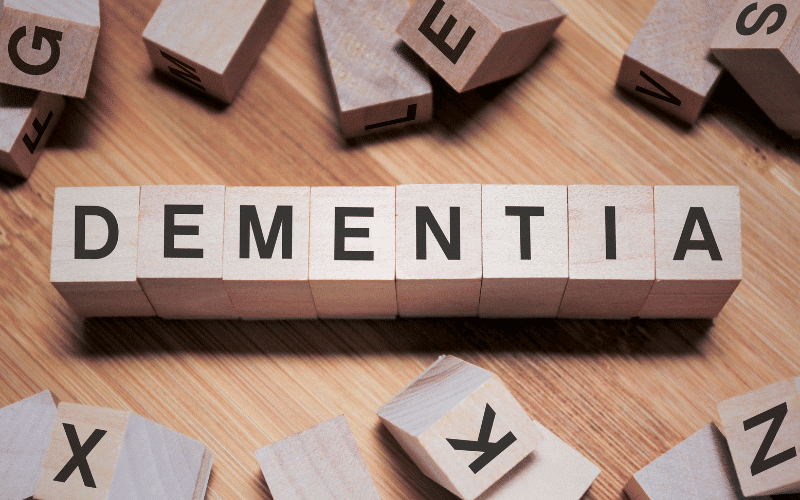Fact 7: Pain Can Influence Behavioral Symptoms in Dementia

Pain can significantly impact the behavioral symptoms associated with dementia. This connection stems from the discomfort that pain can cause, leading to increased agitation, aggression, and other behavioral changes. These symptoms can be distressing for both the individual and their caregivers, further emphasizing the importance of effective pain management.
Agitation, characterized by restlessness and excessive motor activity, is a common behavioral symptom in dementia patients experiencing pain. They may become more fidgety, pace around, or display an increase in repetitive behaviors. Such agitation is often a non-verbal indication of discomfort, especially in individuals with advanced dementia.
Aggression, both verbal and physical, can also be a manifestation of pain in dementia patients. Individuals may become more irritable, lash out verbally, or even engage in physically aggressive behaviors. Again, this can be their way of communicating their discomfort when they cannot articulate it verbally.
Other behavioral changes that may indicate pain include sleep disturbances, reduced social engagement, and increased confusion. It’s critical for caregivers and healthcare providers to recognize these behaviors as potential signs of pain and address them accordingly to enhance the quality of life for dementia patients. (7)